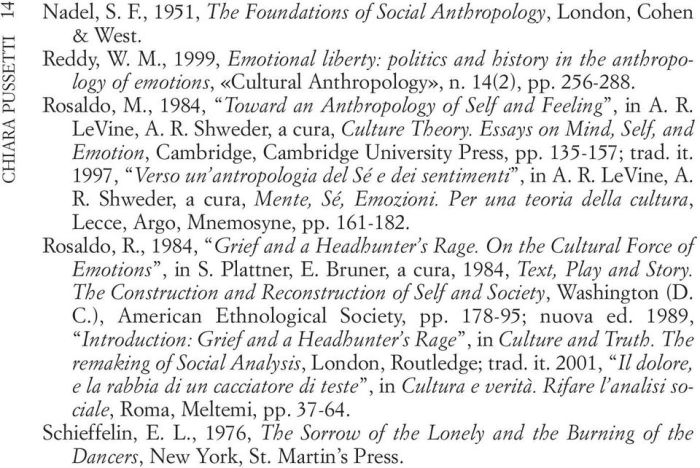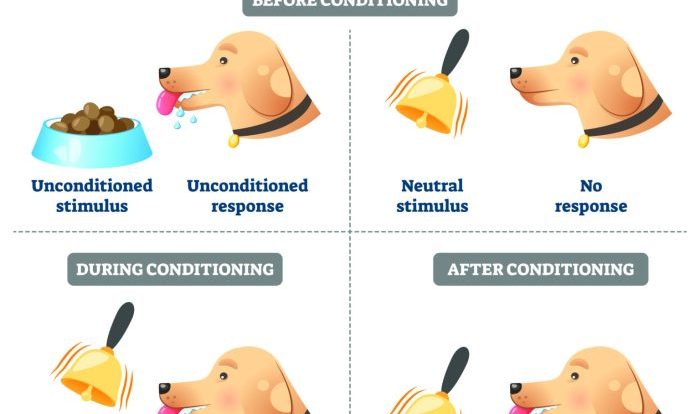Grief and a headhunter’s rage summary – Grief and a headhunter’s rage: two seemingly disparate concepts that, when intertwined, create a tumultuous storm within the human psyche. This exploration delves into the intricate connection between these powerful emotions, unraveling the psychological mechanisms that fuel their interplay and the profound impact they exert on the lives of those who experience them.
The journey begins by defining grief and its multifaceted stages, followed by an examination of headhunter’s rage and its characteristic symptoms. The narrative then traces the intricate threads that connect these two emotions, exploring how grief can ignite the embers of headhunter’s rage and the psychological mechanisms that underpin this phenomenon.
Definition of Grief and Headhunter’s Rage: Grief And A Headhunter’s Rage Summary

Grief is a natural emotional response to loss. It can be triggered by the death of a loved one, the end of a relationship, or any other significant change in life.
Grief is a complex process that can take many different forms. There is no right or wrong way to grieve. Some people may experience intense sadness, while others may feel anger, guilt, or numbness. Grief can also manifest physically, causing fatigue, difficulty sleeping, or changes in appetite.
Headhunter’s rage is a specific type of grief that is experienced by people who have lost a job.
Symptoms of Headhunter’s Rage
- Anger
- Sadness
- Guilt
- Shame
- Anxiety
- Depression
Headhunter’s rage can be a debilitating condition that can make it difficult to function in everyday life. If you are experiencing headhunter’s rage, it is important to seek professional help.
Connection between Grief and Headhunter’s Rage
Grief and headhunter’s rage are two distinct emotional experiences that can be intricately connected. Grief, the intense emotional response to loss, can trigger headhunter’s rage, a primal and often destructive form of anger.
The psychological mechanisms underlying this connection involve complex neurochemical and cognitive processes. When a person experiences grief, the brain undergoes significant changes. The release of stress hormones, such as cortisol and adrenaline, prepares the body for a fight-or-flight response. This heightened state of arousal can lead to feelings of anger and irritability.
Neurochemical Factors
- Increased cortisol levels can lead to hyperactivity in the amygdala, a brain region involved in processing emotions, particularly fear and anger.
- Reduced serotonin levels can contribute to mood instability, impulsivity, and aggression.
- Dysregulation of the neurotransmitter system can result in impaired emotional control and an increased likelihood of emotional outbursts.
Cognitive Factors, Grief and a headhunter’s rage summary
- Grief can lead to distorted thoughts and beliefs, such as feelings of guilt, blame, or resentment.
- These negative cognitions can fuel anger and a desire for retribution.
- The loss of a loved one can shatter a person’s sense of security and stability, creating a void that can be filled with rage.
It is important to note that not all individuals who experience grief will develop headhunter’s rage. However, the connection between these two emotions highlights the complex interplay between emotional and cognitive processes during times of loss.
Impact of Grief on Headhunter’s Work

Grief is a powerful emotion that can have a significant impact on a headhunter’s ability to perform their job. Headhunters are responsible for finding and recruiting top talent for their clients, and their success depends on their ability to build relationships, assess candidates, and close deals.
Grief can interfere with all of these aspects of a headhunter’s work.
One of the most significant challenges that grieving headhunters face is difficulty concentrating. Grief can make it difficult to focus on tasks, remember details, and make sound decisions. This can lead to mistakes and missed opportunities, which can damage a headhunter’s reputation and cost them clients.
Grief can also make it difficult for headhunters to build relationships with candidates and clients. Grief can make it difficult to connect with others on a personal level, and it can also make it difficult to be empathetic and supportive.
This can make it difficult to build trust and rapport, which are essential for success in the headhunting business.
Finally, grief can make it difficult for headhunters to close deals. Grief can make it difficult to stay motivated and focused on the task at hand. It can also make it difficult to negotiate effectively and to close deals on favorable terms.
Challenges Faced by Grieving Headhunters
- Difficulty concentrating
- Difficulty building relationships
- Difficulty closing deals
- Loss of motivation
- Difficulty managing emotions
Grieving headhunters may also experience a loss of motivation. Grief can make it difficult to find the energy and enthusiasm to do one’s job. This can lead to a decline in performance and productivity.
Finally, grief can make it difficult for headhunters to manage their emotions. Grief can lead to a variety of emotions, including sadness, anger, guilt, and anxiety. These emotions can be difficult to manage, and they can interfere with a headhunter’s ability to perform their job effectively.
Coping Mechanisms for Grief and Headhunter’s Rage
Managing grief and headhunter’s rage requires a combination of self-care strategies and support systems. Self-care involves prioritizing physical and emotional well-being through activities like exercise, healthy eating, and getting enough sleep.
Support systems provide emotional and practical assistance. Connecting with trusted friends, family members, or a therapist can offer a safe space to process emotions and seek guidance. Support groups specifically tailored for grief or headhunter’s rage can provide a sense of community and shared experiences.
Importance of Professional Help
Seeking professional help is crucial when grief or headhunter’s rage becomes overwhelming. Therapists can provide a structured and supportive environment to explore underlying emotions, develop coping mechanisms, and promote emotional healing.
Case Study or Example

John, a seasoned headhunter, recently lost his beloved wife to a tragic accident. Overwhelmed by grief, he found himself consumed by an intense rage directed towards his work.
John’s coping mechanisms were initially unhealthy. He immersed himself in work, hoping to numb the pain. However, this led to burnout and impaired decision-making, negatively impacting his performance.
Impact on Work
- Reduced empathy:Grief made it challenging for John to empathize with candidates, hindering his ability to build rapport.
- Impaired judgment:His rage clouded his judgment, leading to poor hiring decisions that resulted in costly mistakes.
- Damaged relationships:His irritability and short temper strained relationships with colleagues and clients.
FAQs
What is the definition of grief?
Grief is a complex emotional response to loss, characterized by a range of feelings including sadness, anger, guilt, and longing.
What are the symptoms of headhunter’s rage?
Headhunter’s rage is a form of intense anger and aggression that can be triggered by feelings of loss, rejection, or betrayal.
How can grief trigger headhunter’s rage?
Grief can trigger headhunter’s rage through various psychological mechanisms, including the disruption of emotional regulation, the activation of defense mechanisms, and the exacerbation of underlying anger issues.
